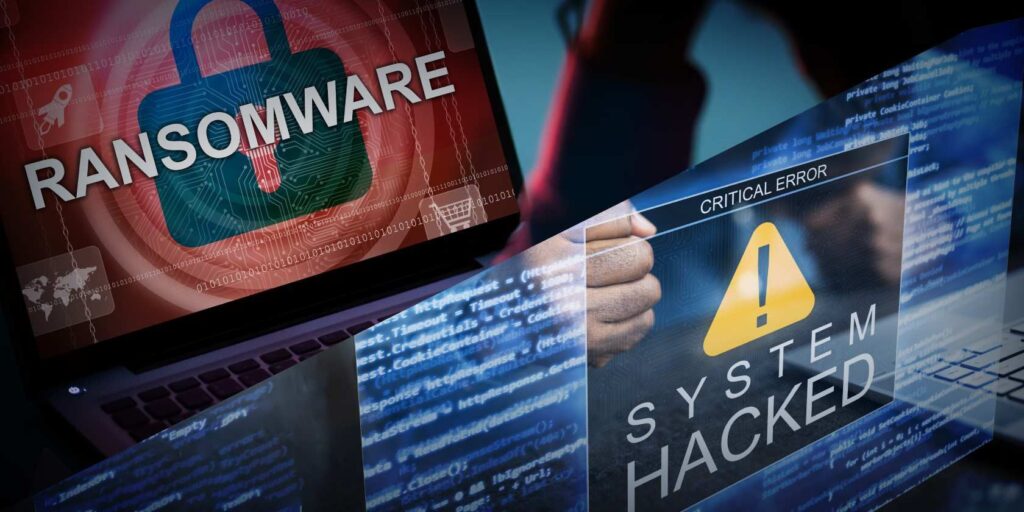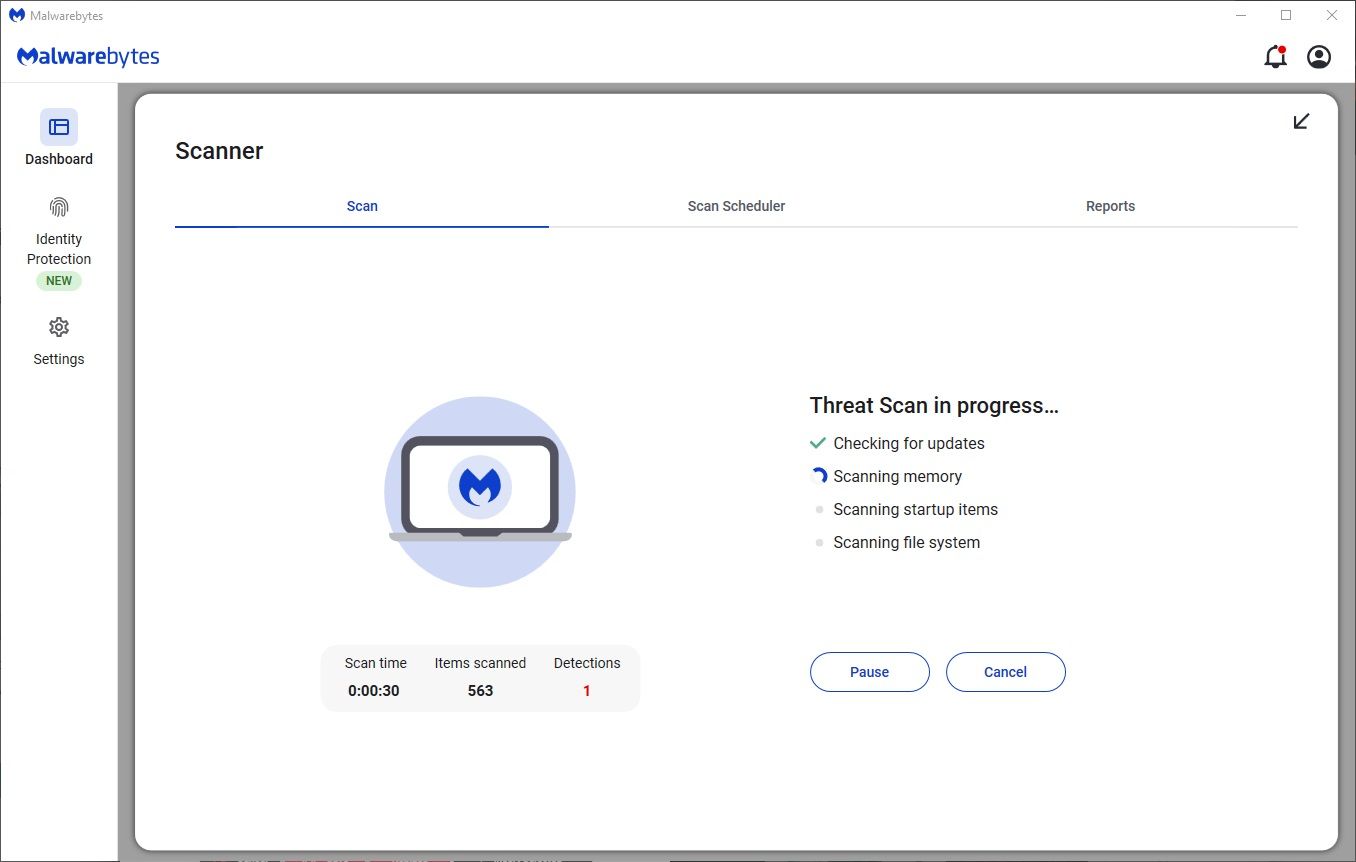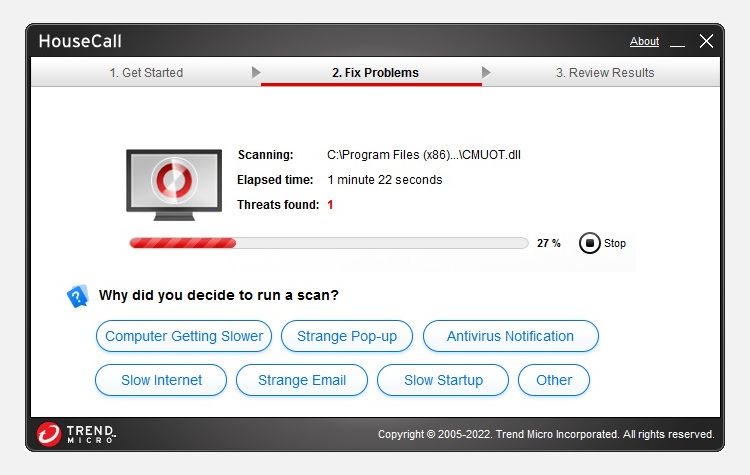Quick Links
-
Why Am I Still Finding Malware Despite Having AV?
-
Keeping Your System Clean
Summary
- No antivirus software guarantees 100% protection against evolving malware threats.
- Keep antivirus definitions updated to detect new malware.
- Regular scans are crucial: daily quick scans for surface-level cleaning and full scans weekly.
When was the last time you scanned your system for malware? Despite keeping my computer updated and using antivirus software, my latest antivirus scan reminded me that no software can guarantee 100% protection and that you need to scan your system regularly.
Why Am I Still Finding Malware Despite Having AV?
The threat landscape evolves constantly. Thousands of new malware emerge daily, and cybercrooks make it their mission to devise sneaky ways to evade detection. More sophisticated malware—either new ones or more pesky, updated versions of existing ones—are specifically crafted to bypass traditional detection methods.
If your malware definitions are not up-to-date, they won’t be able to detect the new ones that may have already gone through. This is why keeping your security software updated with the latest malware definitions is important. So, you may be able to detect new malware in your system that you previously missed after your software has been updated.
There’s also a breed of nasty malware called stealth malware that can dodge detection by antivirus. It can lay dormant for extended periods and only launch when certain conditions are met. It can slowly and inconspicuously steal data and gradually take a foothold before fully wreaking havoc on your computer.
According to Kaspersky, some highly sophisticated stealth malware can mimic legitimate processes and camouflage within the system to avoid detection. So, it’s quite possible to miss it in previous scans while it was still dormant and pop up in future scans after it has been launched in the system.
Types of Antivirus Scans
These are the different types of antivirus scans you can do to keep your system free from threats.
- Full Scan: This is a comprehensive scan of all drives, files, and folders in your system to check for things like rootkits, bots, worms, Trojans, viruses, or spyware. This may take hours or, in some cases, even days, depending on the amount of data that needs to be scanned. It scours the entire system, including less vulnerable files and applications that may not have been checked during a Quick Scan.
- Quick Scan: This type of scan checks areas in your system that are most vulnerable to threats or where viruses most likely hide. Because it’s more of a surface-level sweep, it takes less time to perform. The downside is that it cannot catch deeply embedded malware.
- Real-time Scan: This is an ongoing scan that is done every time you receive a file, open a file, download one or copy and modify it. Real-time scanning continuously monitors the system for malicious activities and detects threats instantly. It analyzes files as soon as they come in contact with your computer.
- Scheduled Scan: A scheduled scan can either be a full scan or a quick scan that you set to run at specific times or frequencies. This is perfect if you don’t have time to manually scan your computer.
- On-demand Scan: This is a type of manual scan that lets you pick the drives, files, or folders you want to scan. You can do this when you suspect the presence of threats in specific folders, files, drives, or documents.
Typically, you’ll run one of these scans to check your system for malware.
Keeping Your System Clean
Generally, it is best to do a deep or full scan at least once a week and a quick scan daily for some surface-level cleaning. You can schedule daily scans after work hours and full scans on weekends to minimize disruption. It’s also best to enable real-time scanning to detect threats immediately before they even enter your system.
Remember to always check your antivirus for updates. Some antivirus software automatically checks for updates on a schedule you can customize.
Doing a bi-monthly purge of that pesky junk clogging up your hard disk will also help keep your system running smoothly and free from malware. It’s one of the best ways to keep Windows clean and free of malware. Unused apps, obsolete or temporary files, duplicates, log files, cache, or backups may accumulate over time and consume disk space. Removing these keeps your hard drive lean, reduces antivirus scan times since there will be fewer files to go through, and helps you spot suspicious files and programs easily.




